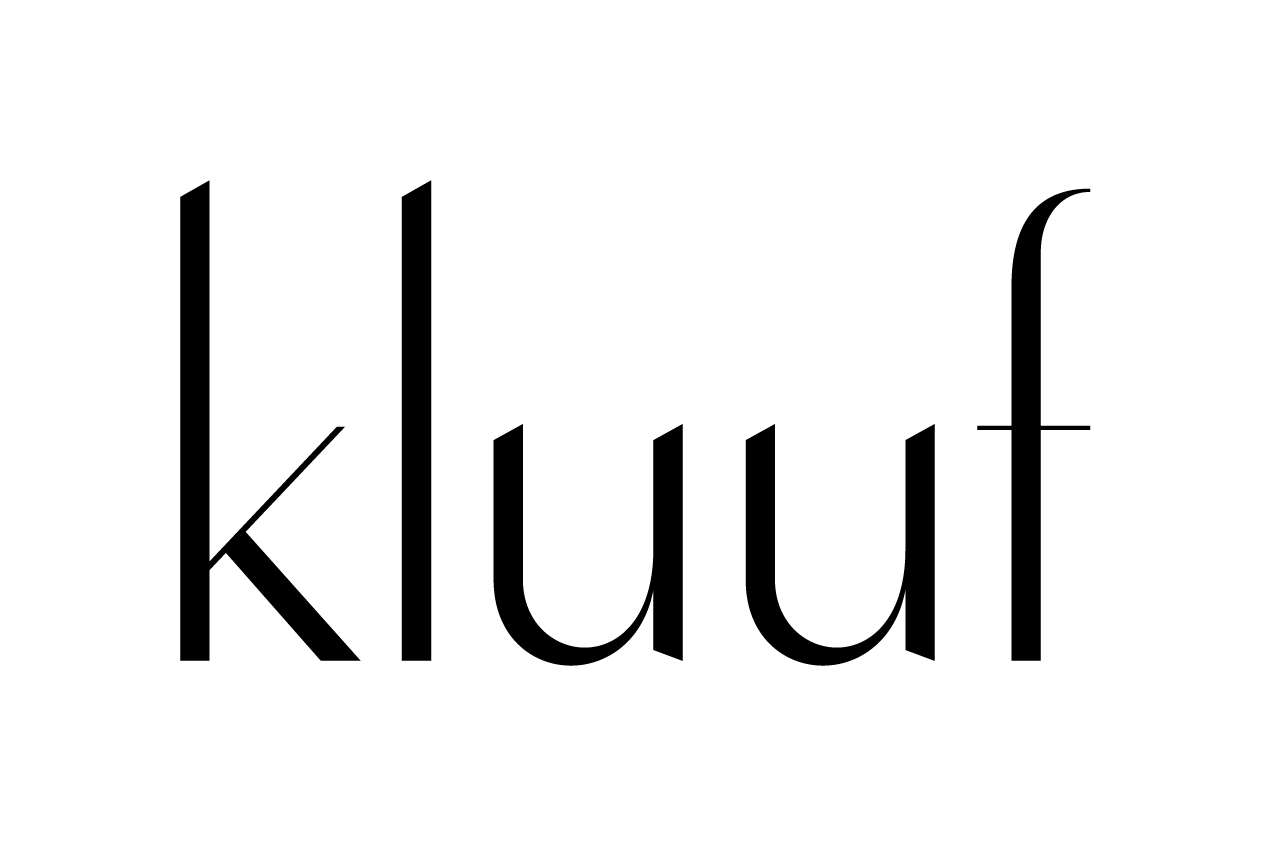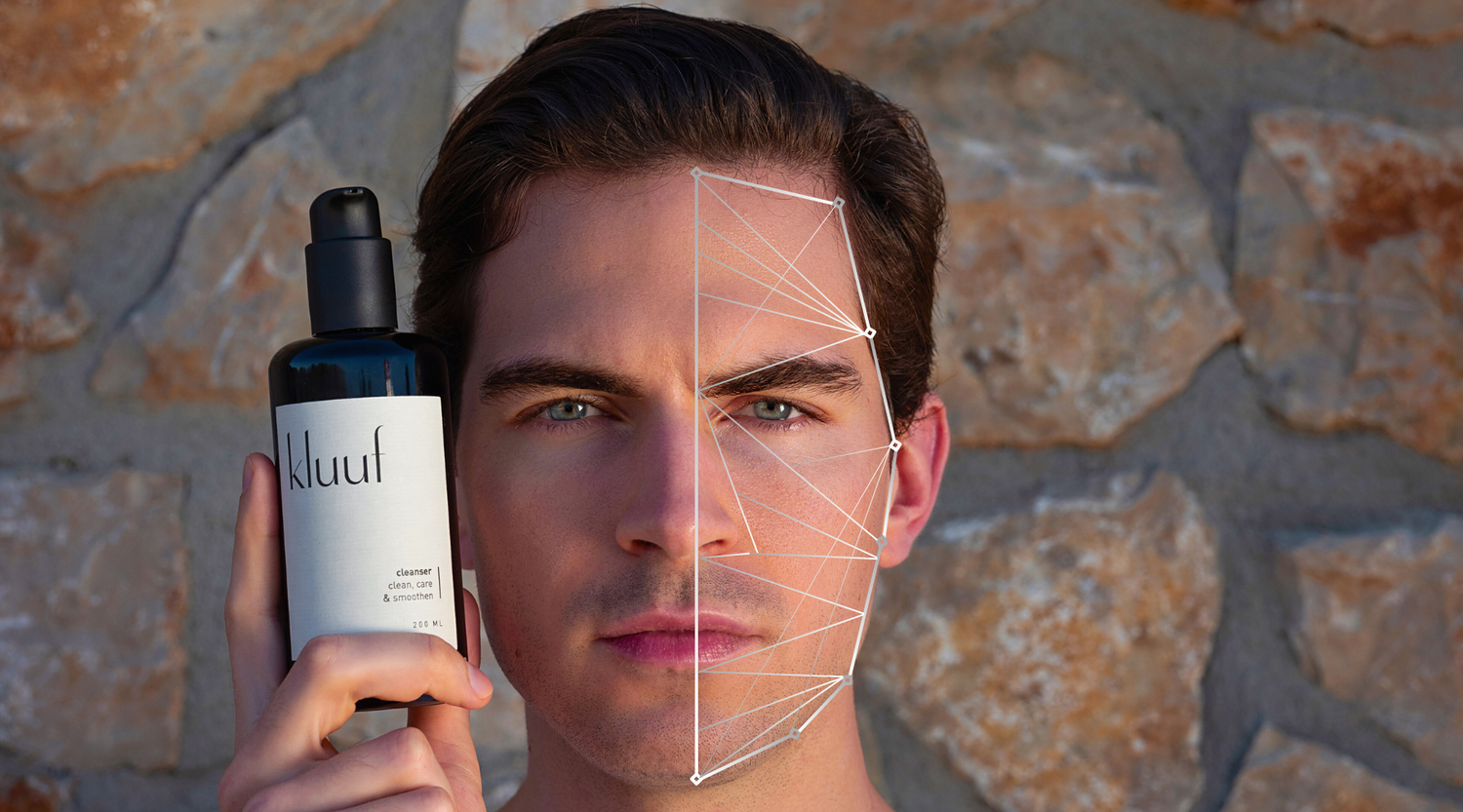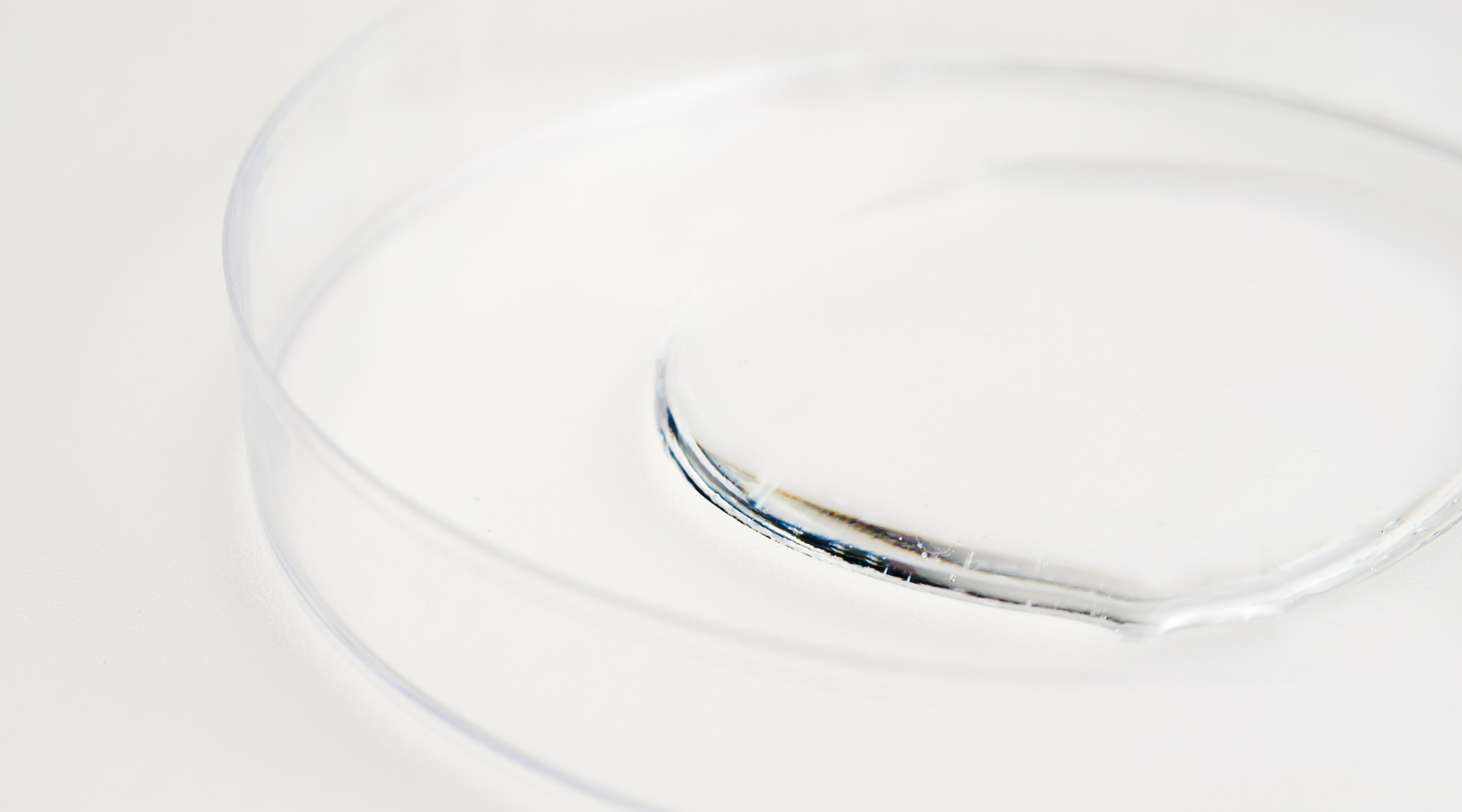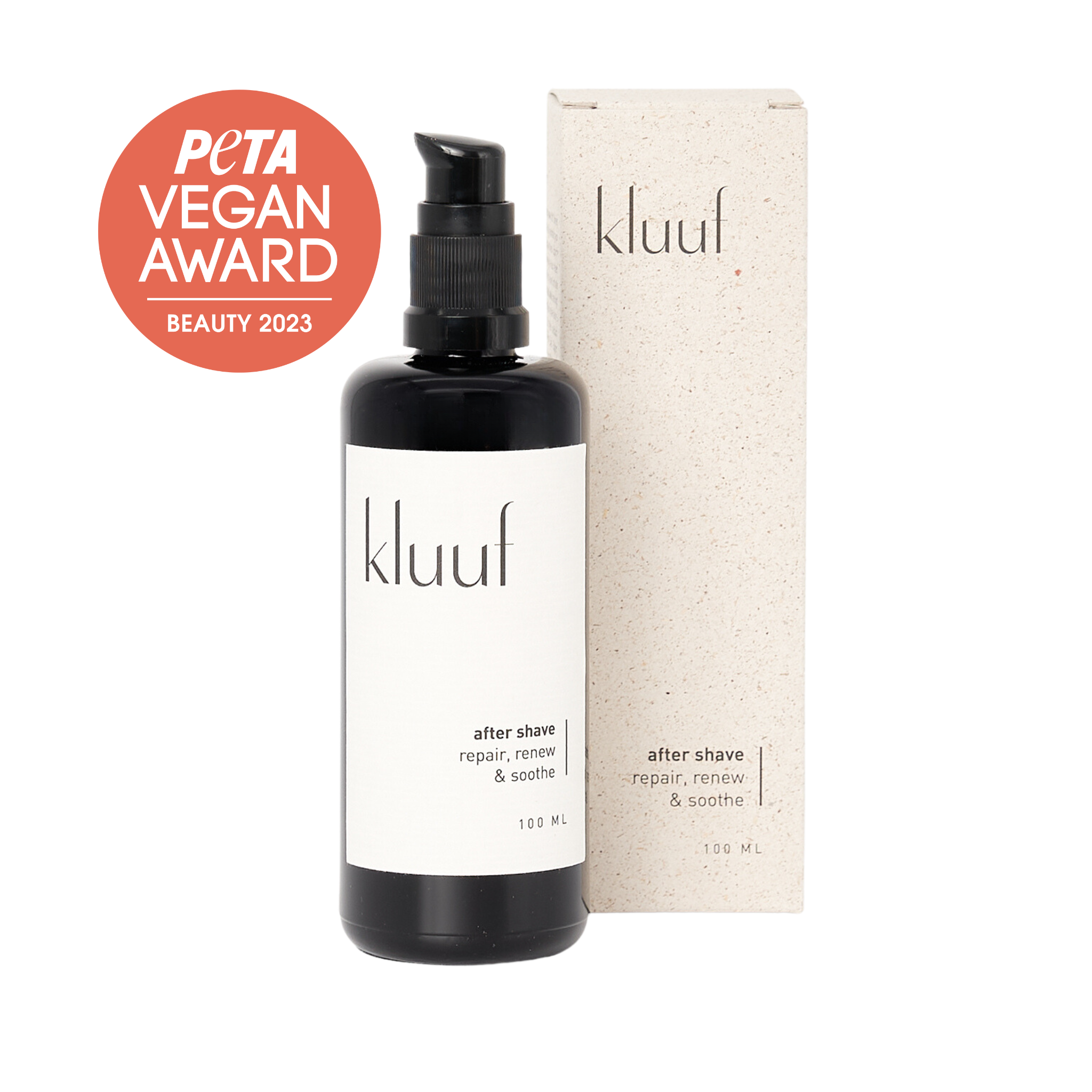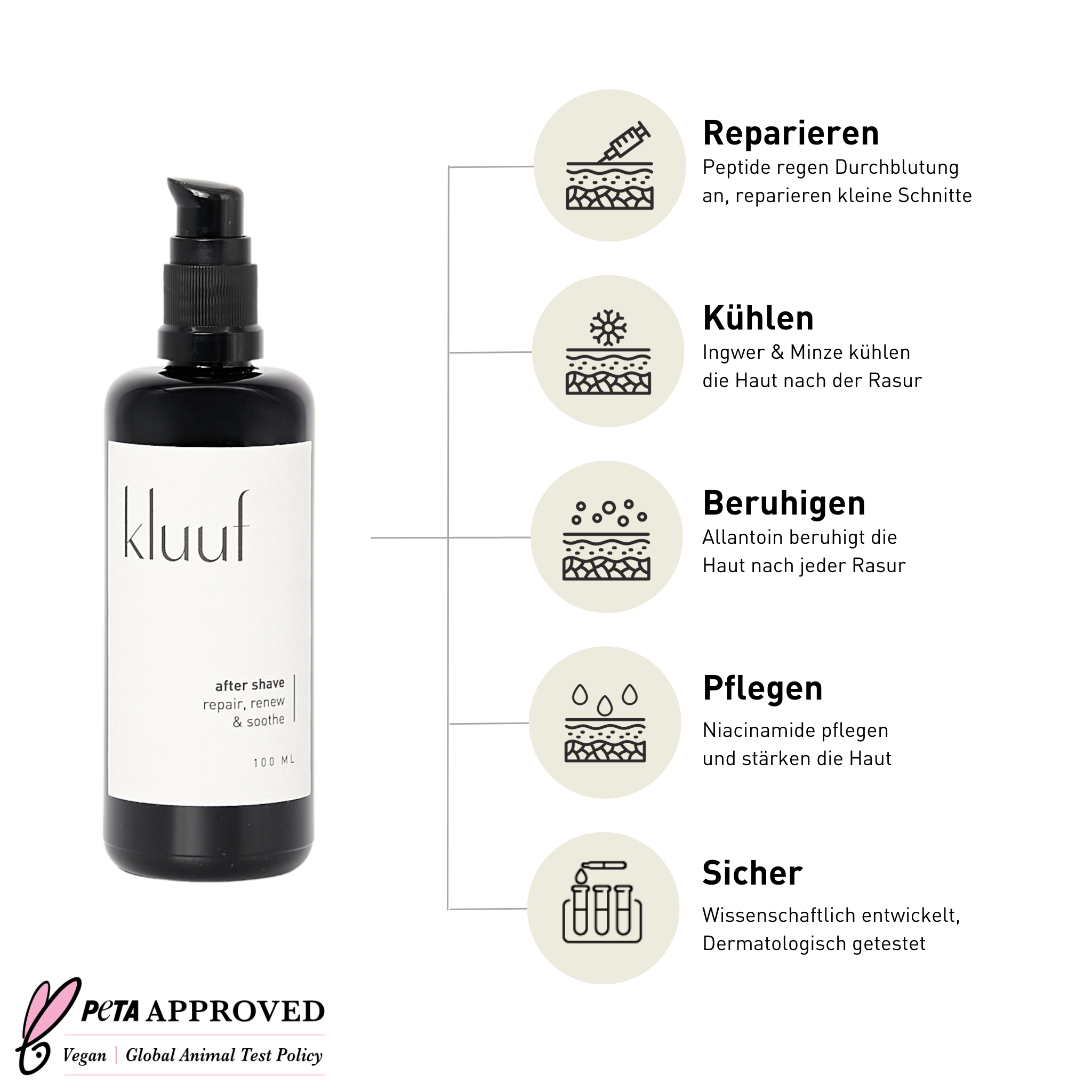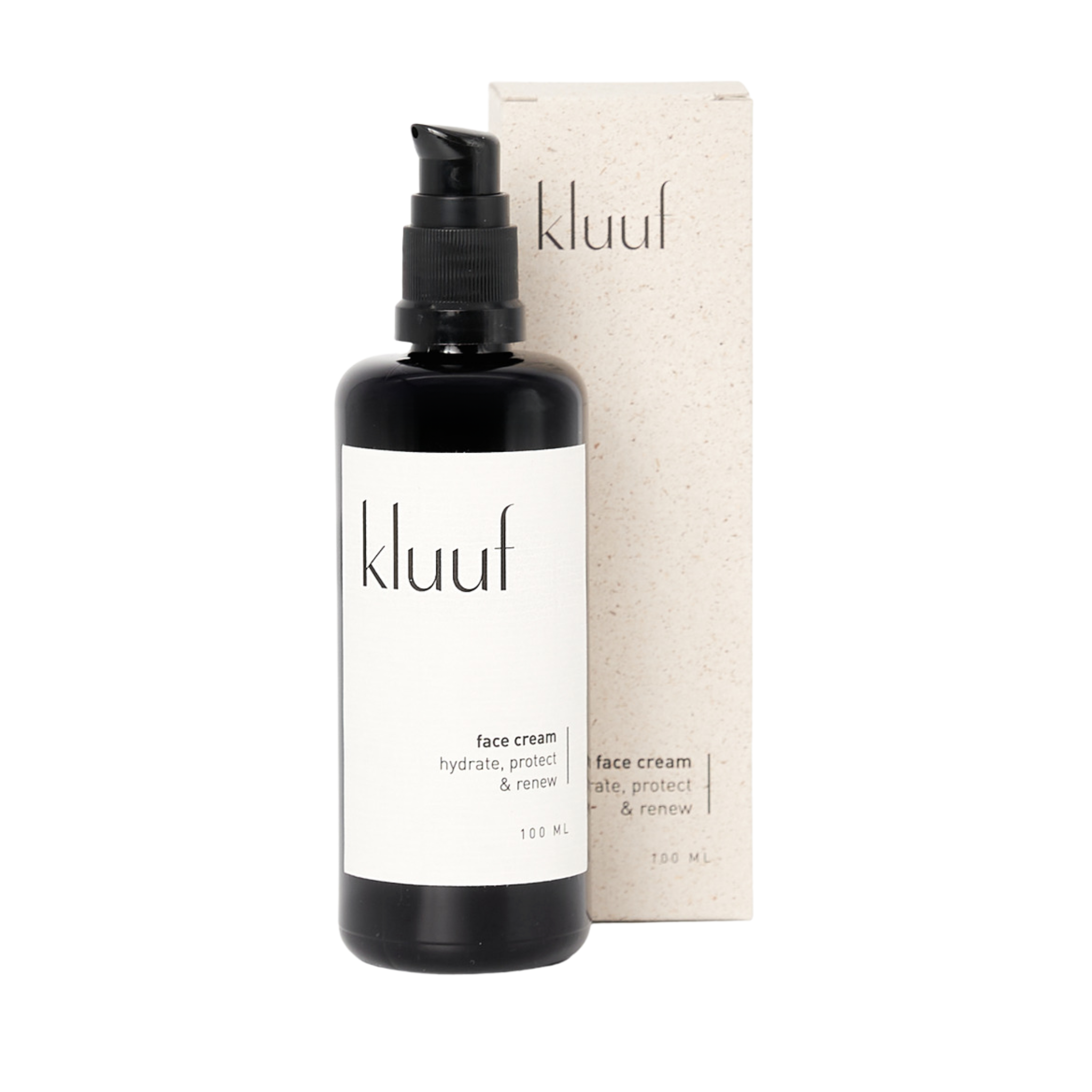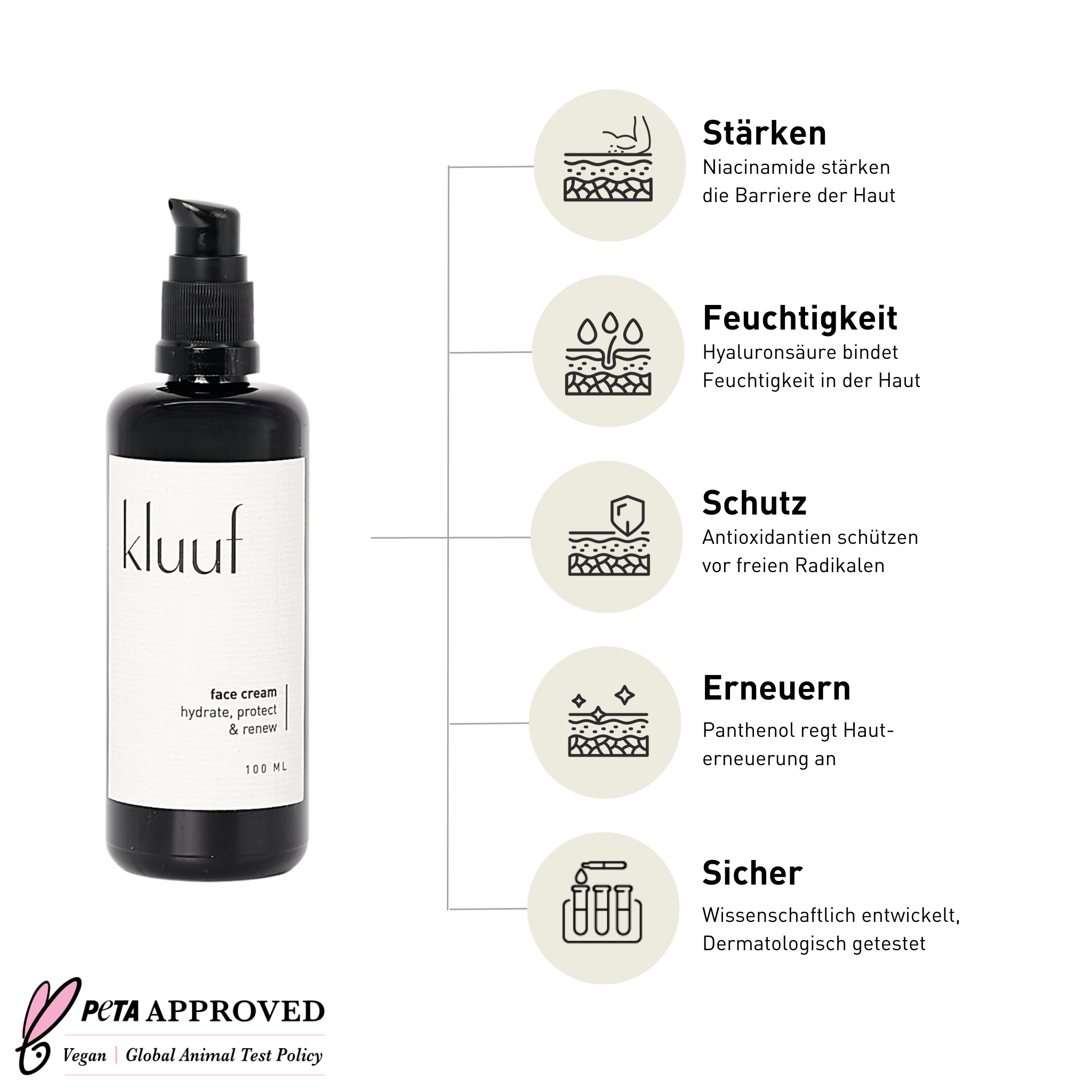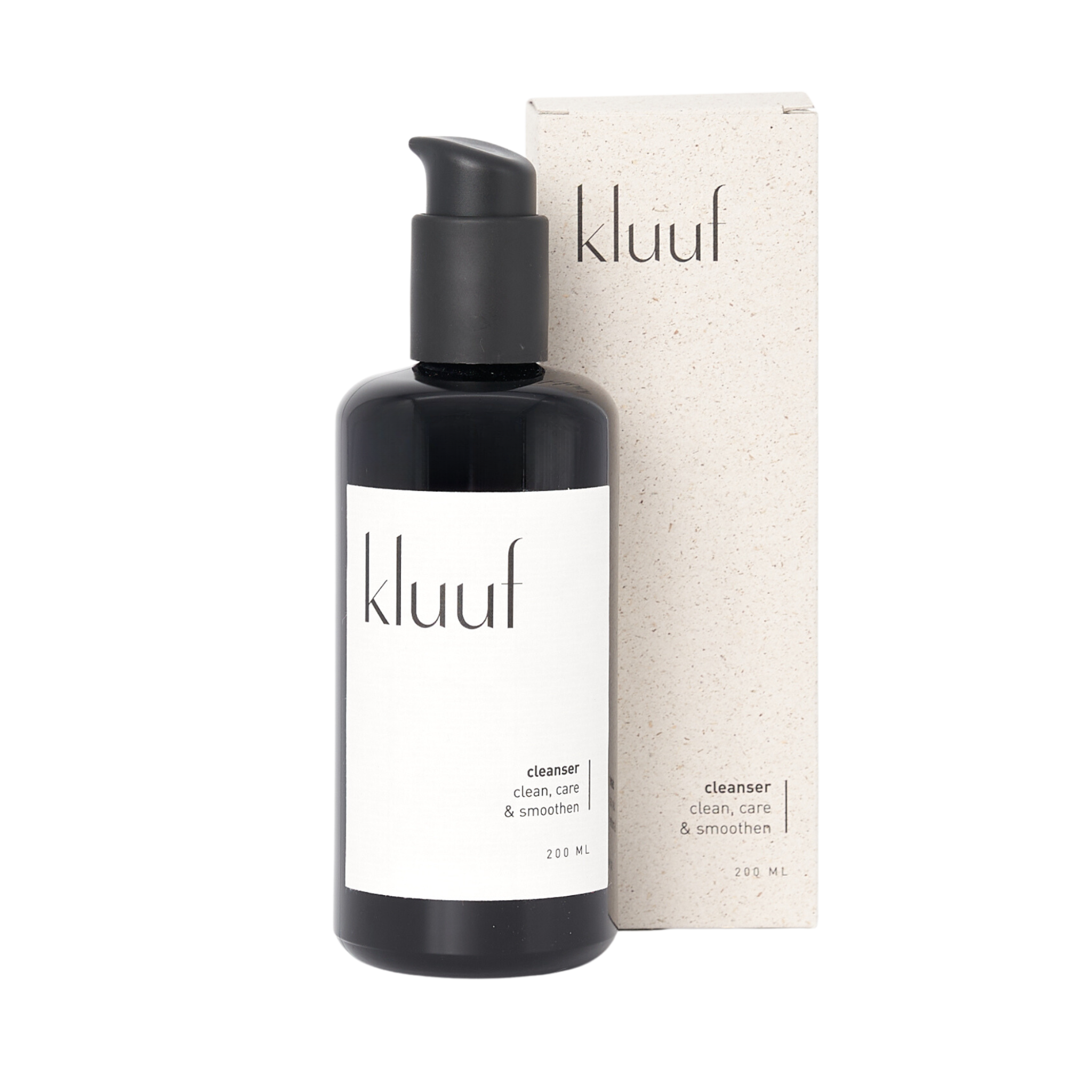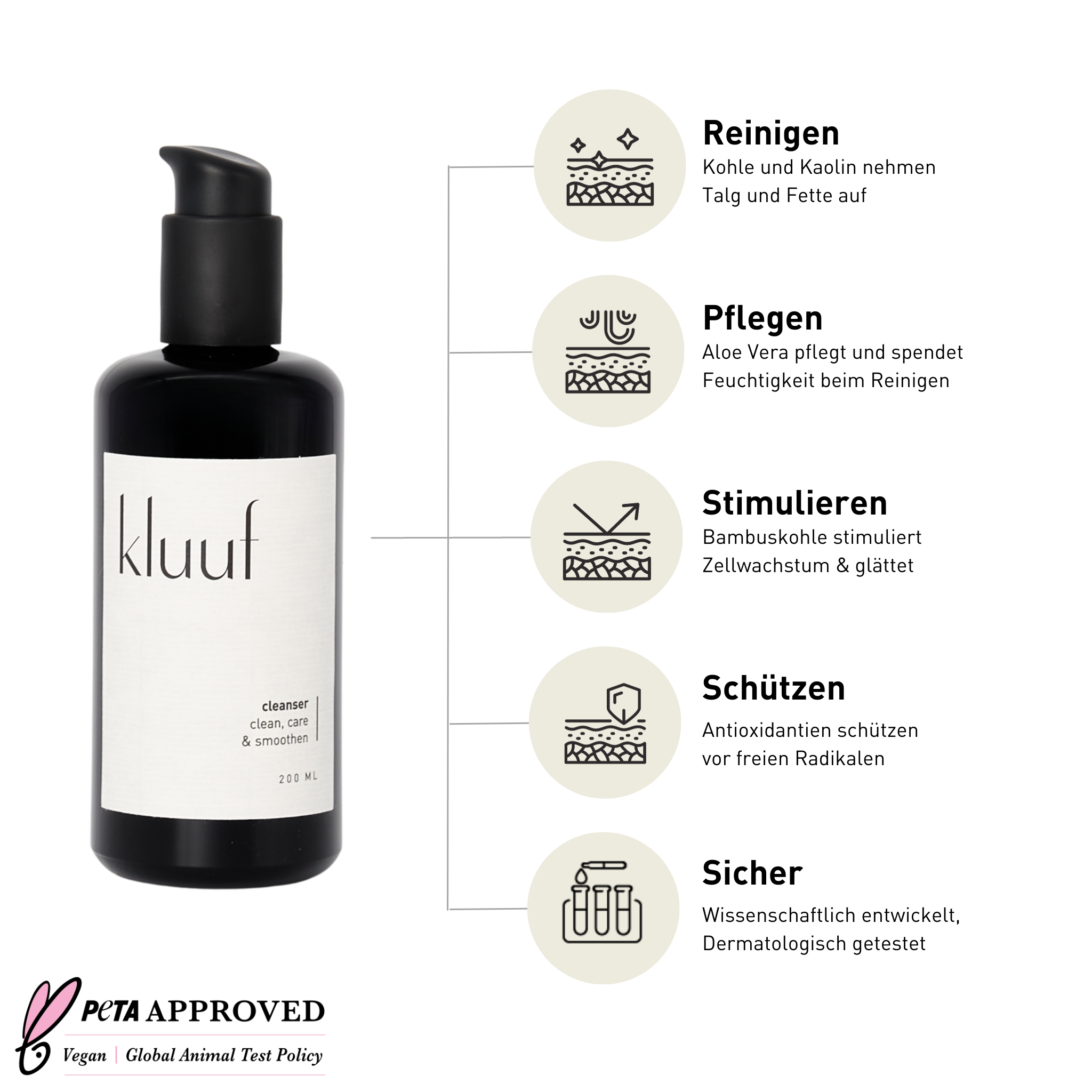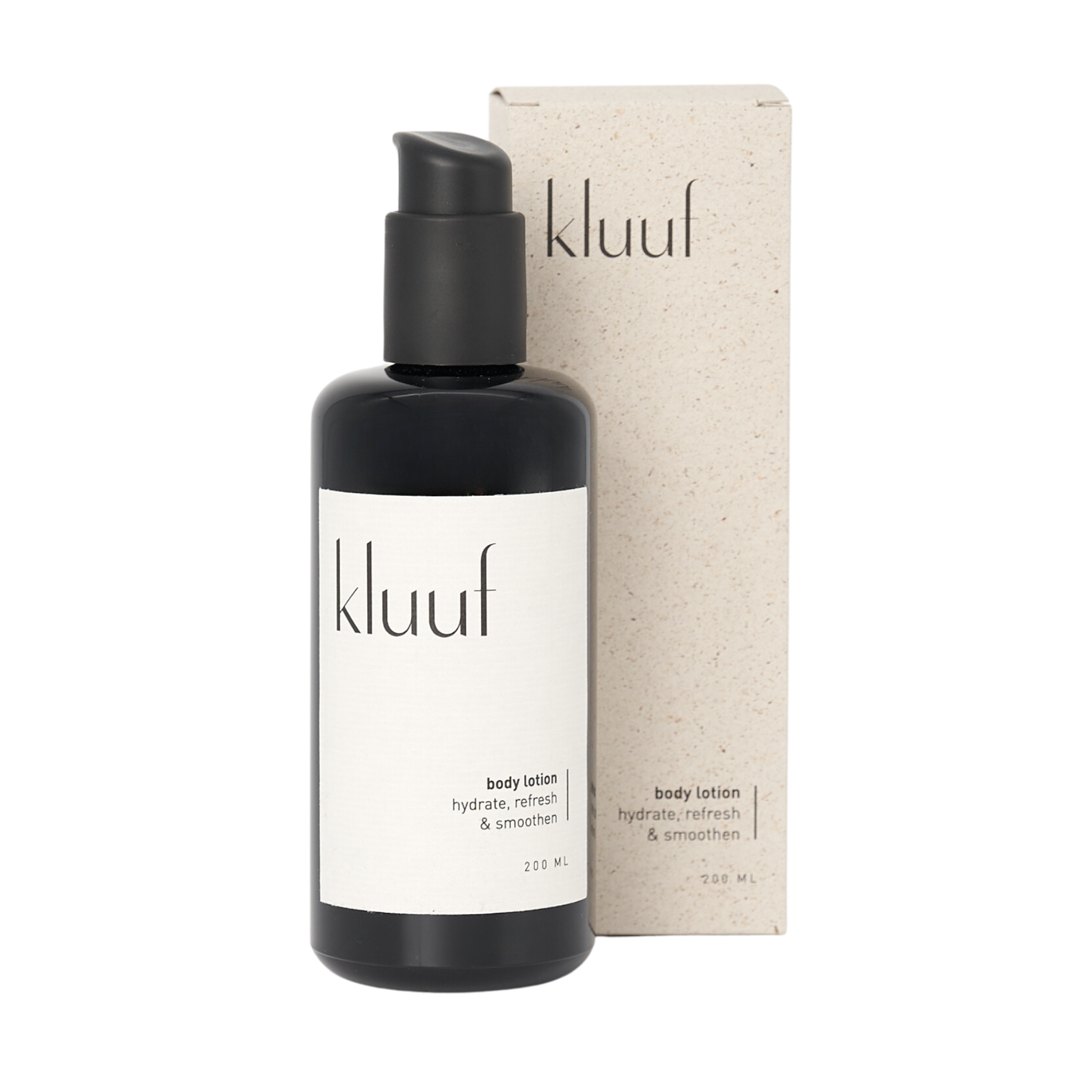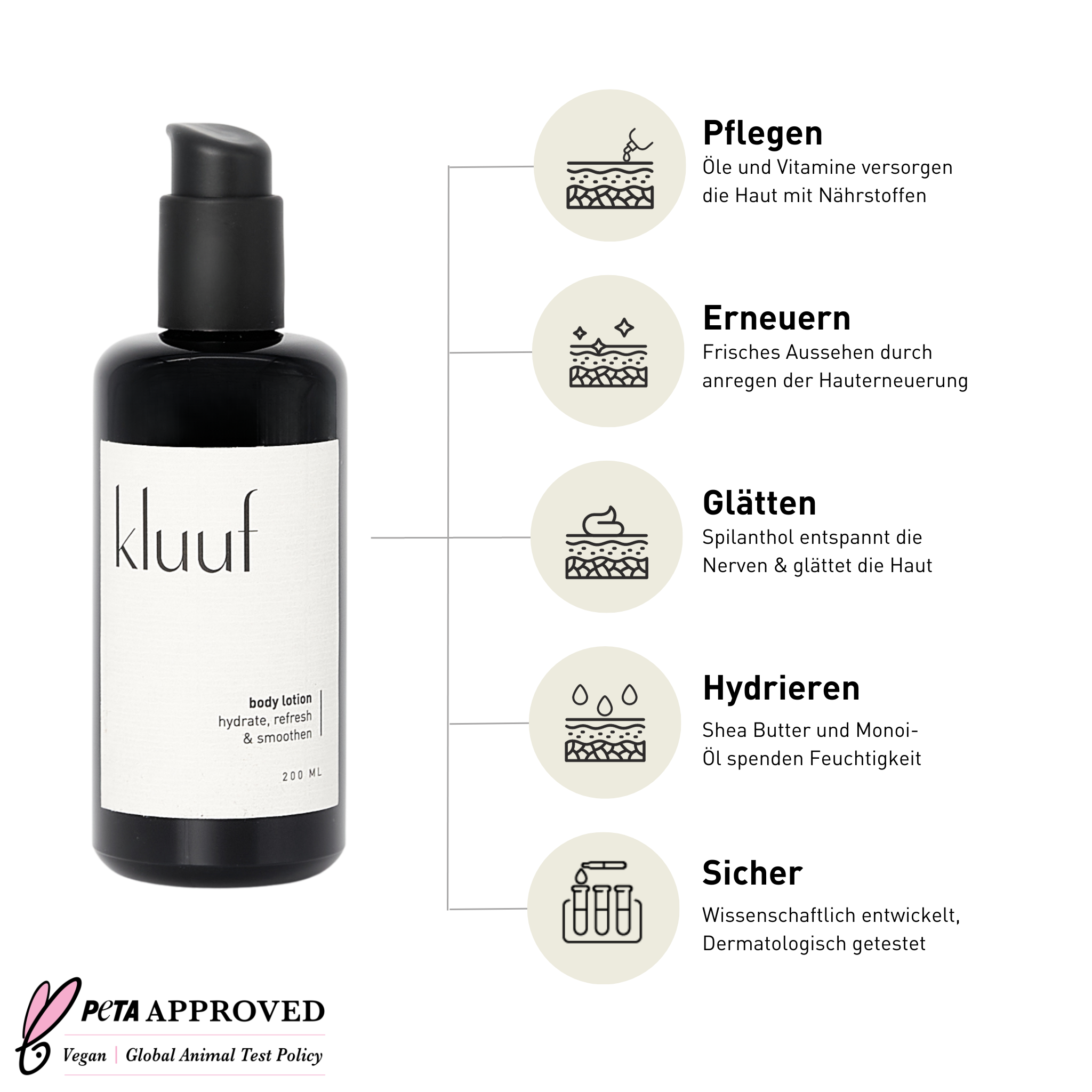Collagen is a word that comes up here and there when you researching new face cream's or are simply reading about the skin's needs. But what actually is collagen and why is it important for male skin?
In short, collagen is a protein that is paramount for the health and appearance of our skin.
It is the most abundant protein in the body and is responsible for the firmness, elasticity and appearance of the skin. One very important fact that concerns everyone about collagen is that production decreases with age. So with everything else being equal, our collagen levels start to drease at some point. This in turn leads to wrinkles, fine lines and sagging skin - logical as collagen is responsible for firmness.
This effect is often more noticeable in men, as their skin generally is thicker and oilier than their female counterpart's.
This article analyses the advantages of collagen for male skin, explains how exactly it works and what to watch out for in skin care products that work with or around collagen.
How does collagen work and what is behind it?
Collagen is, as already mentioned, the most abundant protein in the human body. It consists of long combinations of amino acids and thus makes up about one third of the total protein composition. The protein is found in skin, bones, tendons and other connective tissues and is responsible for the firmness and elasticity of the skin.
The body produces collagen naturally throughout its life, however not at a constant rate. Collagen production is at its highest when we are young, while from our mid-twenties onwards, collagen production tends to decline. This can lead not only to wrinkles but also to weakened bones. For this reason, collagen supplements are popular in both the skincare and the wellness industries.
Furthermore it is important to highlight that not all collagen is the same, as there are different types with specific properties.
Type I collagen is the most common and accounts for about 90% of all collagen in us. In particular, this type is known for its anti-ageing effect. Type II collagen is found in cartilage, while type III occurs in the skin and has a significant influence on the elasticity of the skin. Type IV and type V collagen play an important role in maintaining the skin's structure. By the way, there is a big biological difference between men and women which also explains the differences in the skin: In women, the collagen fibres run next to each other, while in men they are interconnected - this is the main explaination why male skin is considered firmer than female.
Collagen in skin care
Collagen is a key component of the skin, which declines over time. As such, it is critical that the protein is at least considered for any skincare routine, as there are ways to counteract the natural decline in the body and thus reduce the appearance of signs of ageing.
As mentioned earlier, men and women have different needs when it comes to collagen. Men's skin is thicker and oilier than women's and therefore more prone to acne and the like. Therefore, it is especially important for men to pay attention to collagen when choosing the right face cream and other skincare products.
Hyaluronic acid is an essential ingredient for skin care products. The powerful humectant helps to hydrate the skin by attracting water in close proximity and binding it to the skin. This moisturises the skin and reduces fine lines and wrinkles. The acid thus directly counteracts the symptoms of collagen loss. In addition, hyaluronic acid helps to strengthen the skin barrier and makes it more resistant to environmental stress.
Another important ingredient to support the natural collagen in the skin is panthenol, also known as vitamin B5. Panthenol is a natural moisturiser that hydrates the skin and strengthens the skin's natural barrier. In addition, panthenol has anti-inflammatory properties that can soothe redness and irritation.
Niacinamides are also a popular ingredient as they have the ability to stimulate and support collagen production. So it actively counteracts the natural decline. Niacinamides are a type of vitamin B3 that also have anti-inflammatory properties, making them a good choice for sensitive skin.
This is just a small selection of active ingredients that help strengthen and build collagen. Besides the possibility of supporting the skin specifically with care products such as face creams and serums, there is also the possibility of taking collagen-supplements. However, as far as we know, there are no long-term studies on this and, as always, we recommend seeking medical advice before changing your nuition.
Summary
Collagen is an essential protein, not only in our skin but throughout the body. It gives the skin structure, reduces fine lines and wrinkles, improves skin elasticity and strengthens the skin's barrier function. There are different forms of collagen found in skincare products as well as supplements, and each type has its own benefits.
For us at Kluuf, collagen supporting and stimulating ingredients such as hyaluronic acid, panthenol or
niacinamide should be part of every skincare routine. This helps to counteract the natural decline in collagen production and sustainably strengthen the skin.
Try an uncomplicated skincare routine today that not only supports collagen, but also brings a multitude of other benefits - such as Bio-Botox, Shea Butter or Activated Charcoal. All, of course, without harmful ingredients and vegan certified.
Kluuf products that can actively support your collagen balance:
Kluuf's face cream - buy here
Kluuf's body lotion - buy here
Kluuf's after shave - buy here
